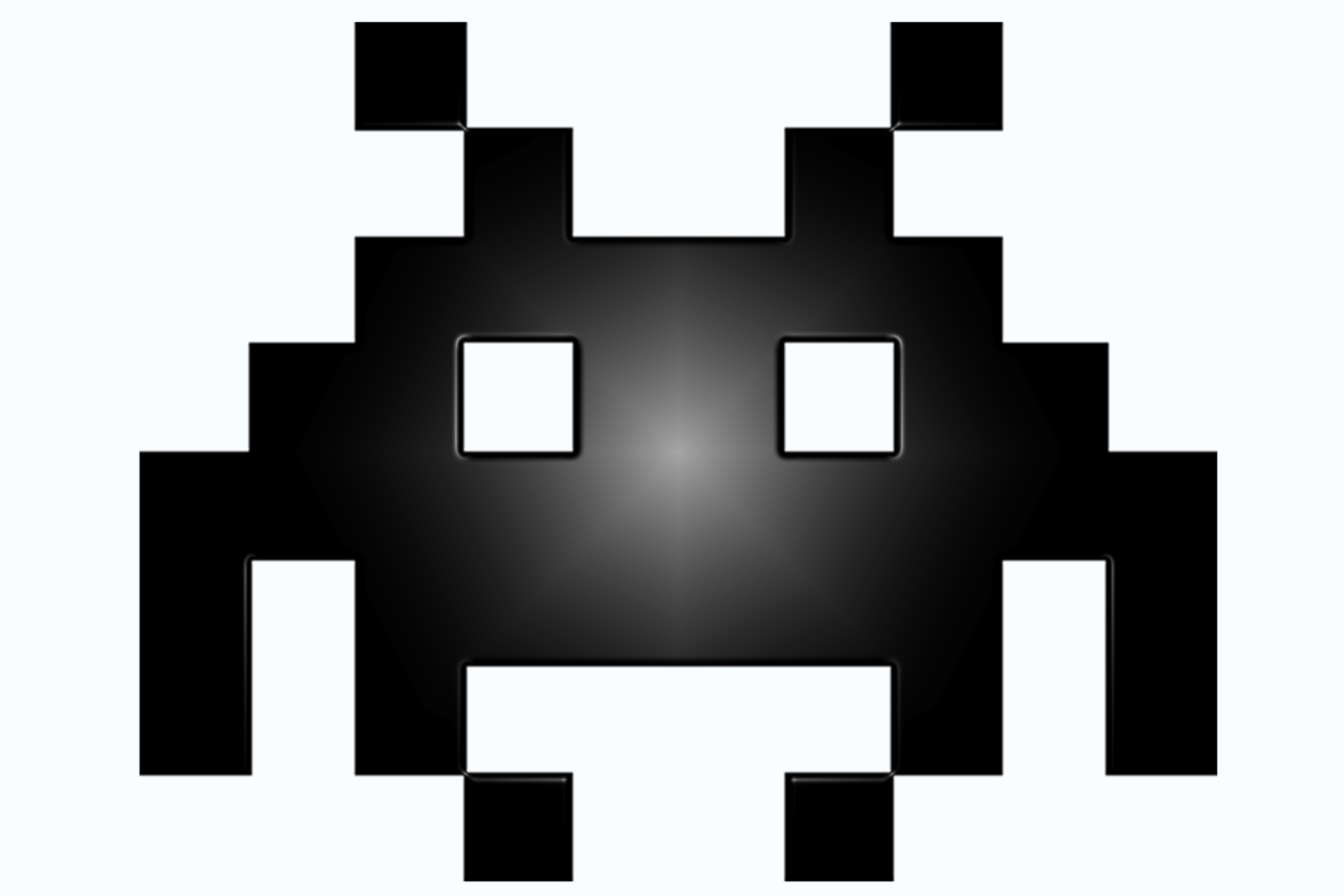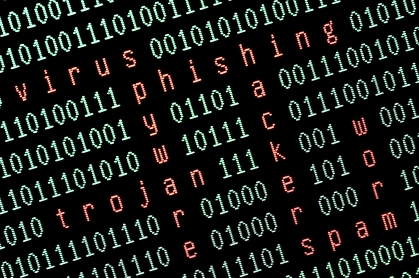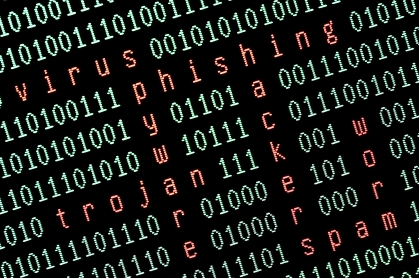Second trojan found in pirated Mac software
Another trojan is planted in a program to take advantage of computer users downloading pirated copies of Adobe Photoshop CS4.

The second Trojan threat to Apple Mac users in less than a week had been found, this time in pirated copies of Adobe Photoshop CS4.
It is a new variant of the original trojan found in Apple iWork 09, and like the previous malware is found on BitTorrent sites which have links to pirated software.
The actual Photoshop CS4 installer is clean, but the crack application needed to serialise it and run the program circumventing its copy protection contains the trojan.
If the Mac user is infected, they are at risk of having a remote hacker take control of their computer, who could launch spam, a distributed denial of service (DDoS) attack or steal an identity.
Like the previous attack on iWork, thousands of people were willing to download the pirated software. At the last count, security firm Intego counted 5,000 people who had downloaded the installer from a major BitTorrent tracker site.
Intego advised users that they should not download any cracking software from sites that give away pirated software.
Graham Cluley, senior technology consultant as Sophos, said that although this was only found on pirated software so far, there was nothing to stop hackers from spreading it using other ways - such as planting it on real websites or spamming it through email.
Get the ITPro daily newsletter
Sign up today and you will receive a free copy of our Future Focus 2025 report - the leading guidance on AI, cybersecurity and other IT challenges as per 700+ senior executives
He said on his blog: "Mac malware is nothing like as commonly encountered as malicious code on Windows PCs.
"But that's no excuse for Apple users not to properly defend themselves and take sensible precautions to ensure they are not putting their computers, data and identities in danger."
The first iWork version of the trojan has already been seen downloading new code to infected computers, which were used in a DDoS attack on certain websites.
-
 Should AI PCs be part of your next hardware refresh?
Should AI PCs be part of your next hardware refresh?AI PCs are fast becoming a business staple and a surefire way to future-proof your business
By Bobby Hellard
-
 Westcon-Comstor and Vectra AI launch brace of new channel initiatives
Westcon-Comstor and Vectra AI launch brace of new channel initiativesNews Westcon-Comstor and Vectra AI have announced the launch of two new channel growth initiatives focused on the managed security service provider (MSSP) space and AWS Marketplace.
By Daniel Todd
-
 Android Trojan charges millions of victims €36 per month
Android Trojan charges millions of victims €36 per monthNews Up to 10 million users across 70 countries are thought to have been affected
By Sabina Weston
-
 Dropper RealShell shows malware devs are getting smarter
Dropper RealShell shows malware devs are getting smarterNews The Android Trojan dropper can avoid existing defences to install malicious files on Android devices
By Clare Hopping
-
 Android app strips personal data
Android app strips personal dataNews Trojan wallpaper app signals a rising mobile data threat
By Eric Doyle
-
 New Mac trojan disguises itself like Space Invaders
New Mac trojan disguises itself like Space InvadersNews Video games, malware and Macs clash head on with a new trojan that runs a game which deletes files by killing aliens.
By Asavin Wattanajantra
-
 Could Hotmail password theft be due to a trojan?
Could Hotmail password theft be due to a trojan?News A researcher says there is evidence that not all of the Gmail and Hotmail account passwords were taken as a result of phishing.
By Asavin Wattanajantra
-
 Could AVG start working on the Apple Mac platform?
Could AVG start working on the Apple Mac platform?News Does AVG, well known for its free security software product, look to provide Apple anti-virus?
By Asavin Wattanajantra
-
 Warning to watch out for infected Windows 7
Warning to watch out for infected Windows 7News Tried to download Microsoft Windows 7 off a torrent site? You may have downloaded malware to go with it.
By Asavin Wattanajantra
-
 Pirated copies of Apple iWork 09 infected by Trojan
Pirated copies of Apple iWork 09 infected by TrojanNews More than 20,000 Mac users have already downloaded a version of iWork containing a Trojan which can give control to cybercriminals.
By Asavin Wattanajantra